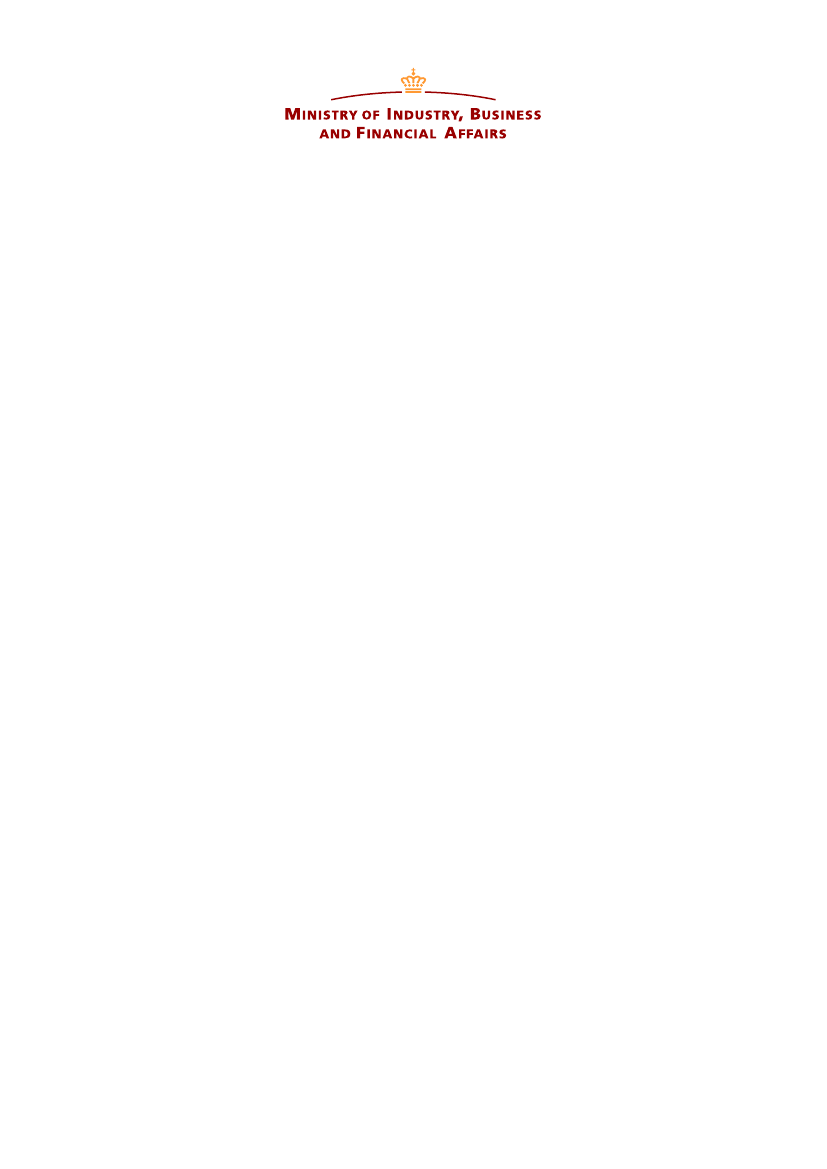
NOTE
14 March 2022
tuobac
Danish response to the Commission’s
draft Temporary Crisis
Framework for State Aid measures to support the economy following
Russia’s military aggression against Ukraine
The Danish government appreciates the opportunity to comment on the
European Commission’s draft
Temporary Crisis Framework for State Aid
measures to support the economy following Russia’s military aggression
against Ukraine
(hereafter “TCF”).
1. General comments
The Danish government welcomes a common European approach
regarding the assessment of the economic effects following the invasion of
Ukraine by Russia and the following economic sanctions adopted in this
context. The Danish government agrees that a coordinated economic
response of Member States and EU institutions is crucial to mitigate the
negative repercussions on the EU economy.
In this coordinated response, it is crucial for the Danish government to
support the undertakings that are
most affected
by the situation in Ukraine.
This priority is in line with point 30 of
the Commission’s draft TCF, where
it is stated that state aid measures notified and assessed under the TCF are
intended to support undertakings active in the EU that are affected by the
Russian military aggression and consequences of the economic sanctions
taken.
Furthermore, it is of great importance to the Danish government that the
temporary state aid measures in the draft TCF are limited to the
undertakings that are
most affected
by the situation in Ukraine.
2. Specific comments related to the safeguards in Section 2.1 and
2.2
The Danish government accepts the possibility to ensure liquidity support
in form of guarantees (section 2.1) and subsidised loans (section 2.2) as
public guarantees on loans and subsidised interest rates both for a limited
period and limited loan amount can be an appropriate, necessary and
targeted solution during the current circumstances.